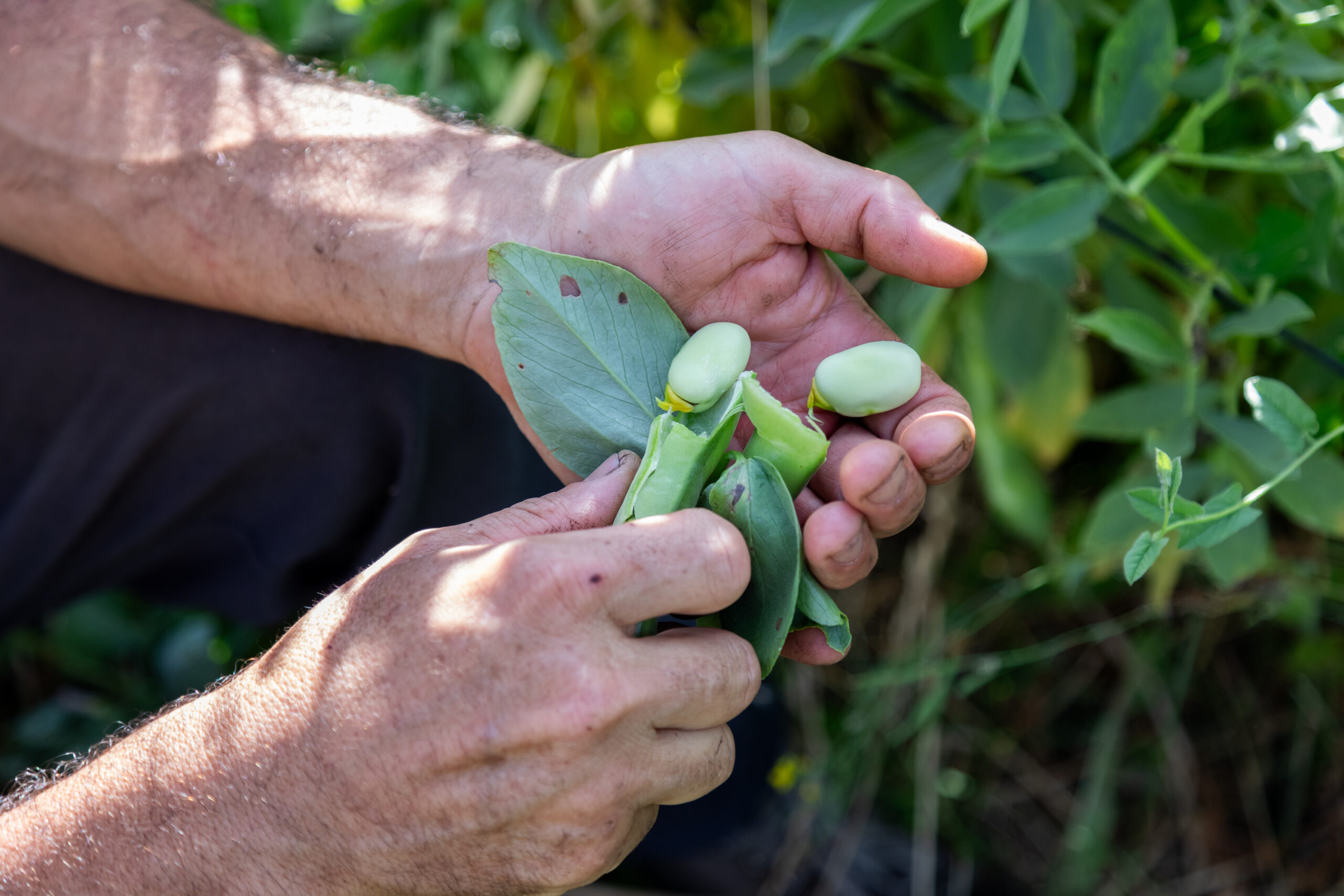The formal deadline for submitting new Nationally Determined Contributions (NDCs) was February 2025. As of March 2025 (when this document is written), only 18 countries had submitted their updated NDCs, and Argentina was not among them. However, there is still an opportunity—and a challenge—to raise climate ambition in line with the Paris Agreement’s goal of limiting global warming to 1.5°C above preindustrial levels. As a signatory, Argentina is required to communicate its mitigation and adaptation commitments.
At the national level, the energy sector accounts for 50% of greenhouse gas (GHG) emissions, making it the largest source of emissions. The farming sector is the second-largest source, accounting for 25.48% of the country’s emissions in 2022 (Argentine Environment Undersecretariat, 2024).
Beyond GHG emissions, the activities linked to these sectors cause significant social, economic, environmental, political, and institutional impacts. Tackling these issues calls for a structural approach, a thorough rethinking of the current development model, and a large-scale reorganization of production. Moreover, as Argentina is a federal country, provinces and local governments need to be engaged in the process to ensure NDC 3.0-related policies are consistent with local regulations.
General Considerations and Recommendations
First, Argentina’s mitigation commitments under NDC 3.0 must align with the pathways that limit warming to 1.5 °C suggested by the Intergovernmental Panel on Climate Change (IPCC) for 2030 and 2035, and thus with the goals of the Paris Agreement, considering the results of the first Global Stocktake. Also, Argentina’s NDC 3.0 must have respect for human rights and social and environmental justice at its core, addressing the multiple crises facing the country, such as poverty, community vulnerability to climate change impacts, pollution, and biodiversity loss, among others.
Taking all this into account, the general considerations to guide the elaboration and
implementation of NDC 3.0., develop in this FARN Document, contemplate:
- Citizen Participation and Human Rights Approach.
- Use of Strategic Environmental Planning and Management Tools.
- Multi-Criteria Analysis of Measures and Coordination Across Sectors.
- Debunking False Equivalences.
- Transparency and Oversight.
- Consistency and Alignment with Biodiversity Goals and Relevant Multilateral Environmental Agreements.
- Climate Funding.
Recommendations for the Energy Sector
The 2023 Argentine Energy Balance shows that fossil fuels—coal, oil, and gas—accounted for 86% of the national energy mix in 2023 (Argentine Environment Undersecretariat, 2024). While this data stresses the urgency to move away from fossil fuels, the transition to cleaner energy sources must prioritize fair, adequate, safe, equitable, and affordable access to energy for all.
Argentina’s NDC 3.0 must include ambitious and achievable commitments for the energy sector’s transition and a strong focus on human rights, food sovereignty, energy sovereignty, and biodiversity protection. The main pillars that NDC 3.0 should address are:
- Ending the Expansion of Fossil Fuels.
- Ensuring Energy Equity and Sufficiency.
- Promoting a Rational and Efficient Use of Energy.
- Promoting Decentralized Energy Systems.
- Respecting Human Rights, Information, Participation, Consultation and Free, Prior, and Informed Consent.
Recommendations for the Agriculture, Forestry and Other Land Use Sector
The transformation of the farming and agrifood system towards a low-emission model, grounded in environmental sustainability, presents multiple opportunities to strengthen food security and sovereignty, improve public health, enhance the resilience of production systems to climate change, and foster more equitable and sustainable rural development.
To achieve this transformation, the following priorities must be addressed:
- Promoting a gradual transition towards integrated and agroecological farming systems as a new socio-productive paradigm.
- Setting specific targets for the absolute reduction of methane emissions from livestock farming.
- Setting targets for the gradual reduction of synthetic fertilizer use.
Regarding to natural ecosystems, protecting and restoring its integrity must be a key focus when designing and implementing strategies thats aims to contribute to both climate change adaptation and mitigation, while also supporting biodiversity goals. The actions within these strategies should primarily address the situation of native forests and wetlands.
With regard to the former, it is necessary to:
- Commit to zero deforestation and degradation.
- Ensure that at least 30% of the total area of native forests that have been cleared or degraded is undergoing ecological restoration by 2030.
- Limit the role of commercial plantations with exotic species in climate change mitigation and adaptation measures.
In the case related to wetlands, it is essential to:
- Enact a law establishing minimum standards for the environmental protection of wetlands.
- Develop and implement a national wetland restoration plan.
- Strengthen environmental public policies aimed at protecting high Andean wetlands and the communities that live in the area from the impacts of lithium mining.
Developing Argentina’s NDC 3.0 offers a historic opportunity for Argentina to update and strengthen its commitment to the Paris Agreement, linking climate action with social and environmental justice. In short, NDC 3.0 must go beyond meeting quantitative emission reduction targets. It must serve as a guiding framework for the future of Argentina’s public policy on climate, socioeconomic, and environmental issues.
